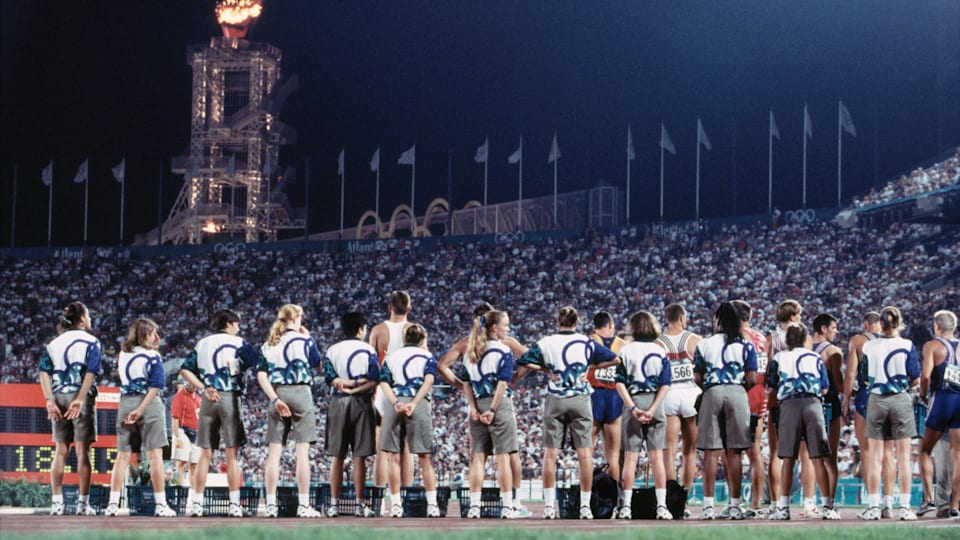Promoting equality and diversity
The Atlanta Committee Organising Committee for the Olympic Games (ACOG) awarded more than a third of its contracts to minority and/or female-owned businesses as it sought to promote equality and diversity. By the end of the Games, there were 3,942 minority and female-owned firms involved in the vendor contracts issued by ACOG.

The first major act of the ACOG Board of Directors in July 1991 was the approval of Equal Economic Opportunity Programme (EEOP) to ensure that minority and female-owned businesses benefitted from the economic impact of the Games. At the time, the EEOP was heralded as the most comprehensive programme of its kind in the private sector. Its implementation reflected Atlanta’s civil rights heritage and the pioneering equal economic opportunity programmes deployed by the city of Atlanta from the 1970s forward.
In total, almost a third of the USD 387 million ACOG spent on procurement was granted to minority-led companies. Within that sum, 35 per cent of the USD 297 million spent on design and construction went to minority-led companies. Meanwhile, 30 per cent of the Organising Committee’s employees were from minority ethnic backgrounds and more than half were women.
One of the Committee’s top-ranking female executives was Shirley Franklin, who served as Senior Vice-President for External Relations. She was adamant at the time that this proactive approach to improving bi-racial business relationships would be a lasting legacy of the Games.
Six years after the Games, Franklin was elected Atlanta’s Mayor, becoming the first female and the first African American to be elected mayor of any major southern US city. Four years into the job, she estimated that there had been a 10 per cent shift in urban population to downtown Atlanta from 1996 to 2006. Before the Games, the downtown area had struggled with a reputation for being the roughest part of the city.